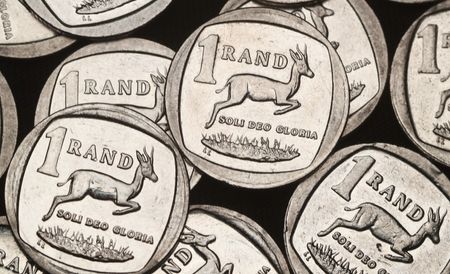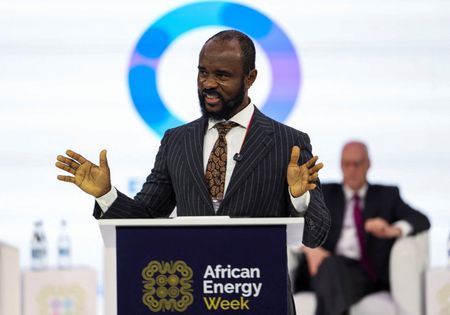By Duncan Miriri
NAIROBI (Reuters) -Ethiopia has entered formal talks with a group of investors in its $1 billion international bond on how to restructure the debt, a source with knowledge of the process told Reuters on Monday, confirming earlier news reports.
The talks are taking place in Paris, the source said, confirming an earlier report by Bloomberg. An official at Ethiopia’s finance ministry confirmed a government delegation had travelled to Paris, without providing more information.
“There were some meetings scheduled with bondholders,” the source said, adding that a readout of the talks could be provided later, but a deal was not imminent.
Ethiopia’s new central bank governor, Eyob Tekalign, did not immediately respond to a request for comment. A representative of an ad hoc committee of bondholders also did not respond to requests for comment.
PATH TO FORMAL TALKS
Ethiopia’s sole international bond rose by as much as 2.6 cents, to bid at 94.88 cents on the dollar, after news of the talks came out, Tradeweb data showed.
The East African nation defaulted on the bond in late 2023 and opted to rework its debt under the G20’s Common Framework initiative, which requires similar treatment of all debt owed to bilateral, Eurobond and other commercial creditors.
The government has been engaging with bondholders on potential paths to restructuring for months. However, signing temporary non-disclosure agreements between bondholders and a borrowing government marks the start of a set period of formal talks, during which the two sides can potentially close a concrete deal and are restricted from discussing the negotiations with outside parties.
The government formalised a restructuring deal with bilateral creditors in July, which the finance ministry said would provide cashflow relief of more than $3.5 billion, paving the way for talks with bondholders.
DISPUTE OVER SOLVENCY STATUS
But talks with bondholders have been beset by a dispute over whether the government faces a solvency issue – and needs investors to accept debt writedowns known as haircuts – or a liquidity issue, indicating a short-term cashflow problem that can be resolved without them.
The government had proposed a 20% haircut, citing the International Monetary Fund’s debt sustainability analysis. But a group of investors representing bondholders rejected the proposal, and have said that Ethiopia’s export earnings data indicate a liquidity issue, which means the default could be managed by stretching the repayment period or other measures.
Strong export earnings growth in recent months could support the bondholders’ case, but the IMF has warned there are downside risks to balance of payments forecasts, mainly due to the potential for lower-than-expected aid flows and foreign direct investment.
(Reporting by Duncan Miriri, editing by Karin Strohecker, Aidan Lewis)










